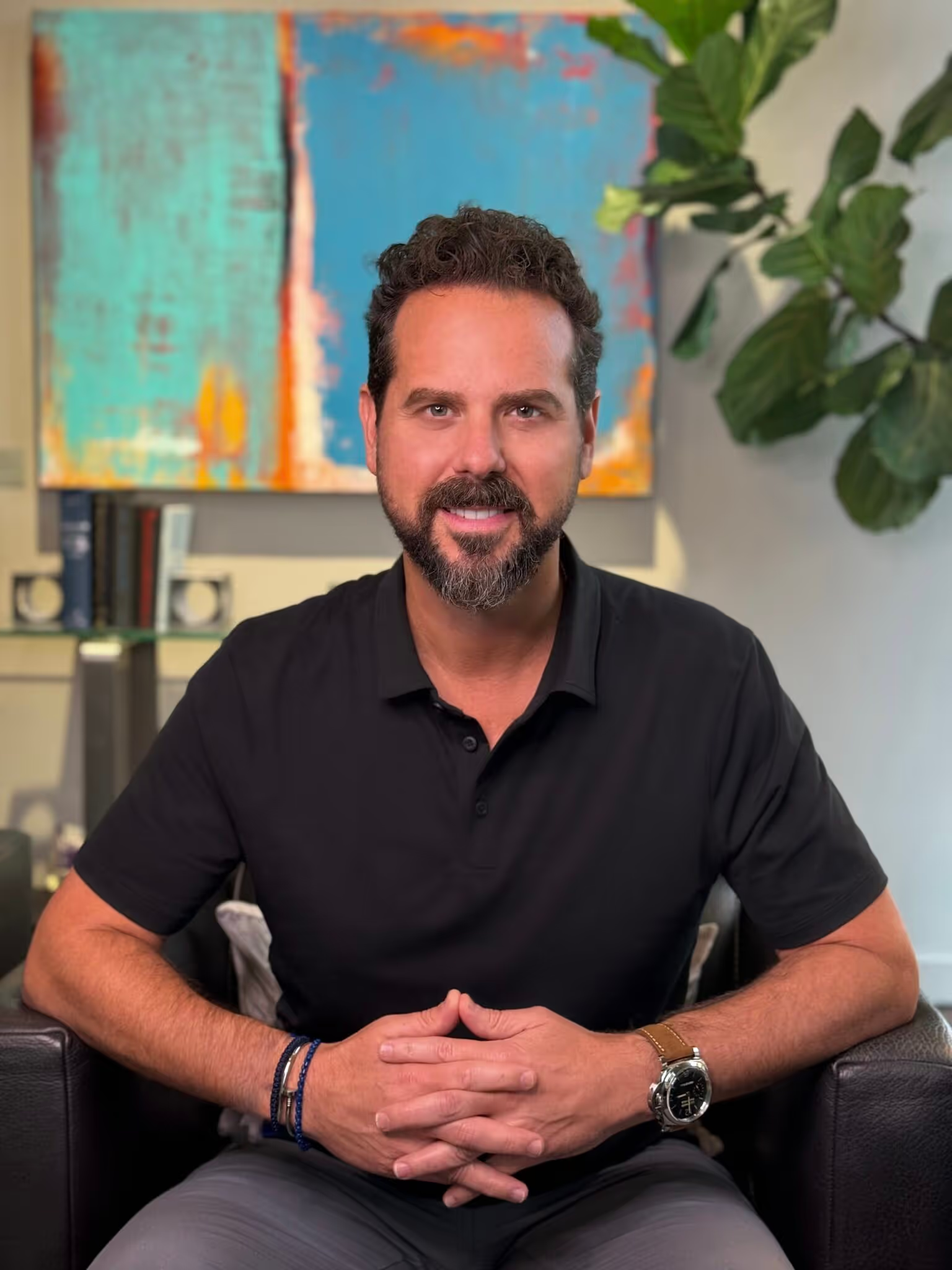
Stories That Aren't Stories.
"The most powerful stories we tell ourselves are the ones we don’t realize are stories.”
In Chapter 6 of The Stories We Tell Ourselves, I discuss this idea at length, but the gist is this: sometimes the scripts we use to live our lives don’t seem like false beliefs because they’re all we’ve ever known. In other words, we’ve never been challenged to reassess whether or not certain opinions we hold as adults are actually healthy for us.
Psychotherapist Rick Carson is responsible for one of my favorite quotes: “Beliefs are opinions that we develop loyalty to over time.” For me, that succinctly states how the earliest stories we tell ourselves often become the de facto scripts we tend to live our adult lives by.
So what’s a practical story about that story? There are millions to choose from.
Do you look down on a particular type of person? Did your parents?
Do you fear trying new things? Did your parents encourage you to try new things?
Do you engage in unhealthy, self-defeating behaviors? Did your parents? Or did you have absent parents?
I’ve said it before: there’s a reason why counselors/therapists want to talk about your childhood. These relationships, both by how you were treated and what was modeled, profoundly impact your life. And most of the time we don’t even realize how deeply those stories actually affect our day-to-day lives and relationships because they’re so deeply embedded in our identities.
They’re the stories that aren’t stories because we think they’re truth.
But if that truth is causing you stress or killing your relationships, it’s time to get some better stories.

